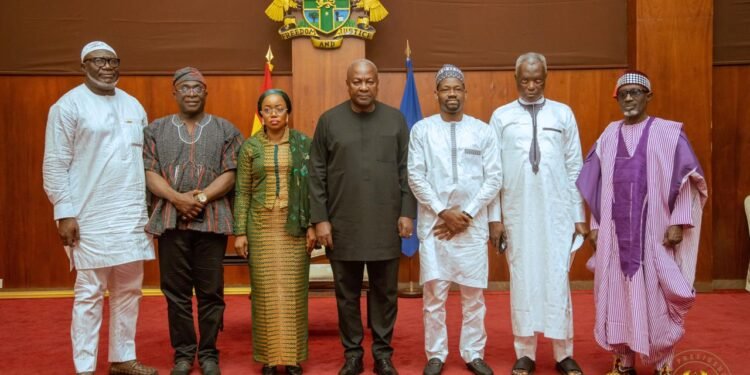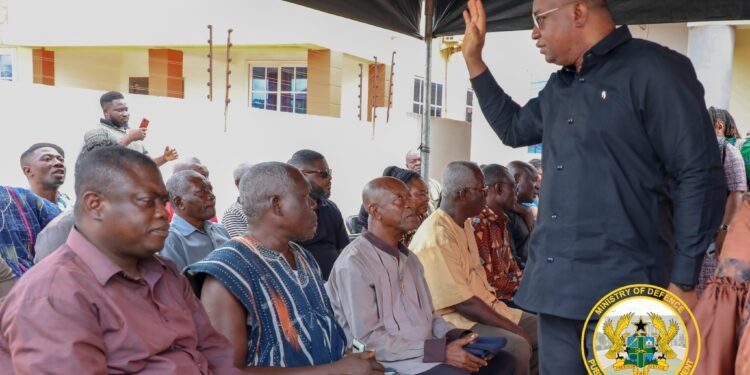The Chief Executive Officer (CEO) for the Association of Oil Marketing Companies (AOMC), Mr. Kweku Agyeman-Duah has called on the Ghana Revenue Authority (GRA) to enact adequate measures to lessen the tax burden on Oil Marketing Companies.
The CEO disclosed that this development comes in lure with the latest Auditor General’s Report which disclosed that outstanding tax payments amounting to about GHs 226.9 million were owned by some 28 OMCs between 2018 and 2019.
“GRA must put in place measures to mitigate the burden of OMCs as well as incentivize consistent tax compliant companies in order to boost revenue collection,”
Mr. Kweku Agyeman-Duah
However, Mr. Agyeman-Duah revealed that the accruals are due to the inability of government institutions and contractors to honour their fuel debt obligations.
“These delays in receiving payments for products supplied to Government Contractors and state institutions on credit also contributed to the growing debt in 2018 and 2019”.
Mr. Kweku Agyeman-Duah
Additionally, Mr. Agyeman-Duah indicated that some OMCs still have outstanding payments with state-owned institutions and contractors. The amount, he disclosed, run into millions of cedis. He further revealed that all these anomalies were not taken into consideration, but rather, the OMCs were charged with conscious non-compliance to tax payments.
The CEO further described the current GRA tax system as designed to require tax and statutory payments from OMCs on petroleum products lifted within every two weeks in 25 days. Whether the petroleum products were fully sold was not considered by the tax authorities.
“This is not corporate tax or income tax, but taxes on petroleum products which customers pay only upon purchasing fuel at retail outlets. This means the government can only get the taxes when the products are sold.
Mr. Kweku Agyeman-Duah
“But unfortunately, GRA, however, requires the OMCs to pay all taxes whether the products have been sold or not. Failure to pay these taxes results in interest and penalty charges against the OMCs, which largely contributed to growing its debt portfolio”.
Mr. Kweku Agyeman-Duah
Meanwhile, Mr. Agyeman-Duah had disclosed that many of these OMCs have requested debt repayment schedules from the tax authorities, and they have honoured their obligations.
The CEO however, attributed some of these challenges to the unprecedented surge in fuel activities across the country.
He further noted that these illegal activities have dire consequences on the business operations of the Oil Marketing Companies. It affectes their ability to honour their tax obligations, and other challenges such as the payments of salaries and affording basic operational overheads, he disclosed.
“The consequences of such high stock turnaround time are not only the inability to pay the taxes on the volumes, but also interests and penalties charges accrue from the day of default.
Mr. Kweku Agyeman-Duah
“Should the payment of the taxes delay unusually, the interests and penalty charges constitute a greater component of the total debt, relative to the principal debt”.
With the introduction of the new Penalty and Interest Waiver Act 2021 (Act 1065) by the GRA, which includes a waiver on penalties and interest arrears accumulated “up to December 2020 for persons who make arrangements to pay the principal tax”. The OMCs can leverage this opportunity to settle their outstanding tax obligation between 2018 and 2019 with the GRA.
READ ALSO : Volta Region youth to benefit from collaboration between AGI and Ho Node Hub- Mr. Dela Gadzanku























